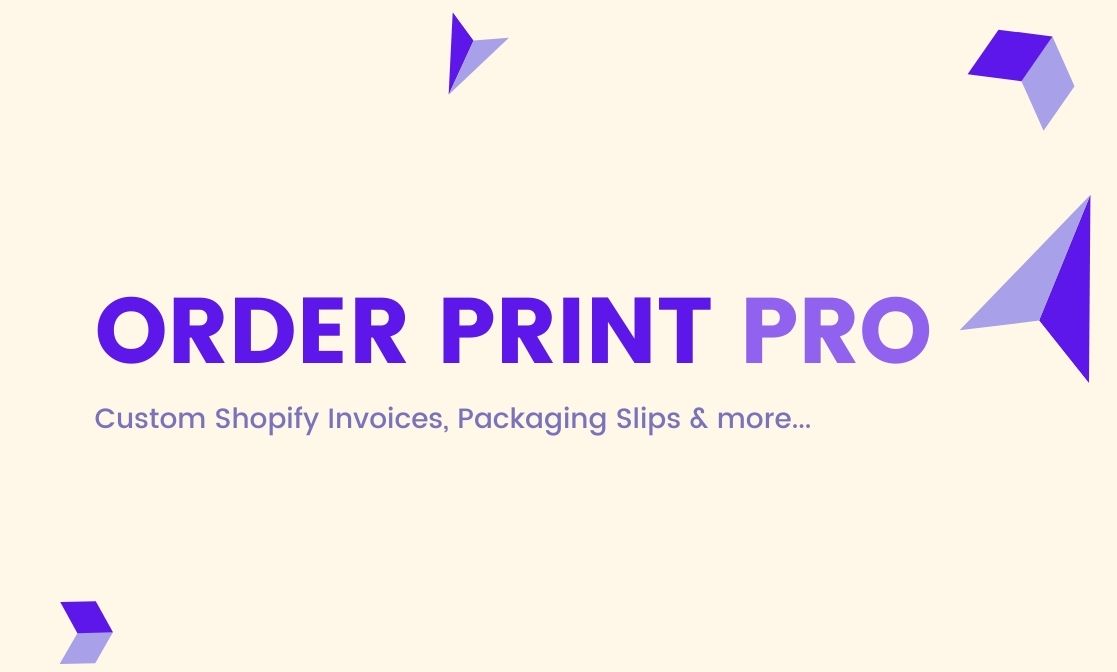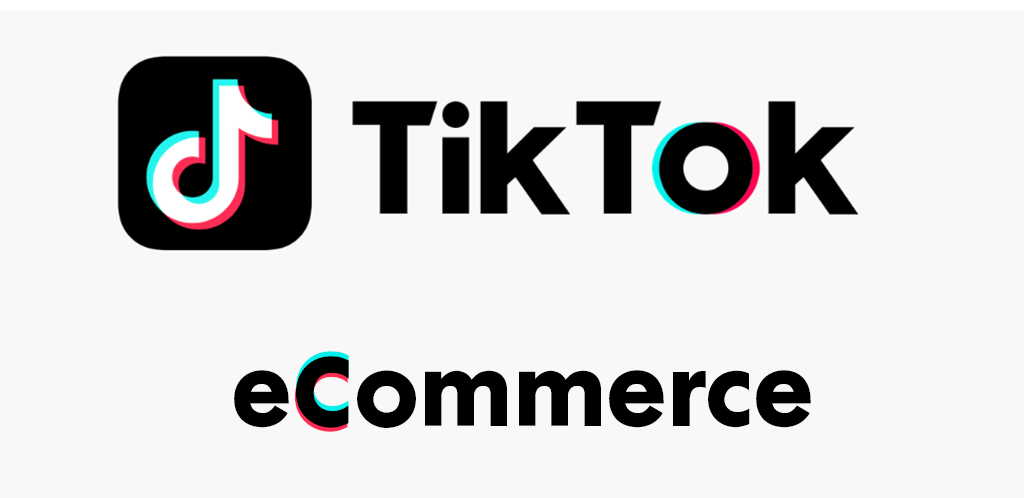2020 cemented e-commerce as the future of shopping. With retail sales at an all-time low due to COVID-concerned customers, online stores have become the go-to alternative. This enormous influx means big bucks for online store owners, but is your store ready?
It’s becoming more apparent that Shopify is the future of e-commerce. Before Shopify, an e-commerce platform offering such a plethora of features, including security, reliability, scalability, and customization, was unheard of.
Are you unsure if your e-commerce platform will stand the trials of time? If you relate to any of the following points, it might be time to upgrade.
1. Sluggish website performance
Nothing deters customers like a website that takes ages to load. After all, your website should provide customers with an easy, simple way to purchase your products. Slow loading speeds lead to frustrated customers using a rival website instead. This problem is commonly found in unoptimized and dated e-commerce stores.
2. Security vulnerabilities
Good website security is crucial in protecting valuable customer information. Poor security will lead to catastrophic damage to your business and reputation. Dated platforms that suffer from a lack of updates, will be more vulnerable to security breaches.
3. Growing expenses
As an online business, your biggest goal is making money. This goal is hard to achieve when your profits go to helping your unstable website keep its head above water. Plenty of platforms suffer from having an undemanding setup, then costing a fortune to maintain. But maintenance costs are just the tip of the iceberg. The dark underbelly of e-commerce platforms reveals complicated and expensive subscription plans, hosting fees, security costs, and much more uncontrollable expenses.
4. Unintuitive user interface
E-commerce flourishes off of intuitive user interfaces. Confusing websites lead to customers giving up and using a simpler rival website to buy the product. A dated user interface deters customers and leaves them with an awful impression. Luckily, Shopify has a vast number of professional templates, ensuring that your website is unique and visually appealing.
5. Customer payment difficulties
Secure and easy payments are a must for any online business. Customers experiencing difficulties paying will lead to more abandoned carts, and even bleeding money through lack of sales. A variety of payment options should be available, accommodating all customers. Setting up a payment gateway might sound difficult, luckily platforms like Shopify allow you to set up the various payment gateway.
6. Unreliable customer support
Successful online businesses rely on competent support teams to help customers around the clock. These support teams should be available on various platforms such as email, phone, or live chat. Older e-commerce platforms suffer from unreliable support teams, leaving potential customers stranded if their questions cannot be answered. Shopify support teams are available 24/7, ensuring your customers have no unanswered questions.
7. Search Engine Optimization friendly
Getting your website up and running is the easy part of owning an online business. Attracting traffic and customers to buy your products, is tricky. It’s crucial to make your website search engine friendly if you’re planning on doing any business. SEO ensures that when customers search for a product that you sell, your store gets recommended. Most e-commerce platforms lack crucial SEO parameters like meta tags and custom tags. Upgrading to Shopify allows easy Search Engine Optimization, giving your shop a cutting edge.
8. Lack of multi-platform responsiveness
With the number of mobile shoppers increasing, multi-platform responsiveness is a pivotal feature for online stores. Allowing shoppers to access your store from any of their devices, greatly increases the accessibility of your website. With the use of themes, Shopify is hyper-focused on allowing optimized performance on all devices. Shopify store owners even have the choice of downloading a mobile app allowing them to manage their store using only a mobile device.
These problems are very common among online store owners. Fortunately, by migrating your current website to Shopify, all these problems will be a thing of the past. We've assisted many clients with migrating successfully to Shopify with great results for their bottom line.
9. High abandonment rate
The abandonment rate refers to the number of customers who fill up their shopping carts, but never checkout. Although this is not a problem in physical stores, cart abandonment is extremely common in e-commerce. Luckily, newer e-commerce platforms are focused on reducing abandonment rates. Shopify will track and email customers who abandoned their carts, persuading them to finally check out. Store owners should aim for an abandoned cart rate of 2% and above with Wholesale Shop aiming for plus 10%.
10. Overcomplicated store management
Many e-commerce platforms offer extensive functionality, but these platforms can have a high learning curve and can be very confusing to work with. Shopify offers absolute control over every aspect of your website, while also maintaining a user-friendly interface that requires no technical experience to navigate.
Here are a few common questions you might have before migrating.
What is Shopify?
Shopify is the most recommended e-commerce platform on the market. Its modular approach to website building allows store owners to tinker and tune every aspect to perfection. Paying a monthly fee gives the owner of the website access through an admin panel.
Is Shopify secure?
Shopify is by far the safest and most secure e-commerce platform. Shopify gives store owners access to all the essential security steps your store needs. These include an SSL certificate and two-factor authentication. Shopify store owners also have the luxury of extensive app integration. This means if you’re still not satisfied with your site’s security, you can bolster your cyber-defenses with external apps too.
Can I keep my old site’s data when migrating?
Yes, Shopify allows all products and order databases to be securely exported and imported. This process is seamless and no data will be lost. We are able to migrate the data from most leading e-Commerce platforms including Woocommerce, Magento, Opencart and many more.
Migrating your current website is a deceivingly daunting task. With our help, your current store can be improved and migrated to Shopify with minimal downtime, without losing your current SEO ranking.
If you relate to any of the problems listed above, don’t hesitate to contact us.









